This morning in Geneva, Dubravka Šimonovic, United Nations (UN) Special Rapporteur on Violence Against Women (VAW), presented the report on her official visit to Canada to the UN Human Rights Council.
In Ottawa, WSC executive director Lise Martin and representatives from other Canadian women’s rights groups held a press conference on Parliament Hill welcoming the report’s recommendations to Canada for improving its record on violence against women prevention and response. For WSC, we are particularly heartened to see the recommendation that Canada enact a National Action Plan (NAP) on Violence Against Women, something we have been advocating for since 2015.
Šimonovic was in Canada from April 13-23, 2018. During her visit, Women’s Shelters Canada (WSC) acted as a shelter liaison for the Special Rapporteur, who visited VAW shelters in Winnipeg, Ottawa, Toronto, Montreal, and Iqaluit. Special Rapporteurs (SRs) are titles given to independent individuals who work on behalf of the UN to “examine, monitor, advise, and publicly report” on human rights situations around the world. For thematic SRs, they do this through fact-finding missions to specific countries, such as the one to Canada.
When we met with Šimonovic last April, we stressed the importance of an NAP on VAW, and how that differs from the announced federal strategy on gender-based violence. As Lise Martin said during the press conference, “‘federal’ is not synonymous with ‘national.’”
She went on to say: “We have had some commitments to shelters and to federal plans on investments in the VAW service sector. But the Special Rapporteur makes clear that federal does not equal national, and that if Canada wants to make substantive progress on the prevention and remedy for violence against women and gender-based violence, it needs to enact a national action plan with real goals targets and accountability. Ms. Šimonovic explicitly states that ‘federalism should not constitute a barrier to human rights implementation,’ and that ‘there is a need for a more comprehensive and holistic National Action Plan on violence against women.’”
As we head into a new federal election cycle, it is important for all political parties to recognize that the issue of violence against women is not a partisan issue. Rather, it is in the interest of all Canadians for the country to uphold its international commitments domestically.
This is particularly true when it comes to violence against Indigenous women, girls, and 2S people. The Special Rapporteur’s report advocated for a separate NAP on violence against indigenous women and girls, something that WSC and the other Canadian women’s rights organizations strongly support.
We look forward to Canada’s response, including implementation of the recommendations.

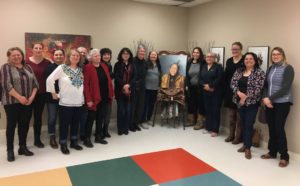
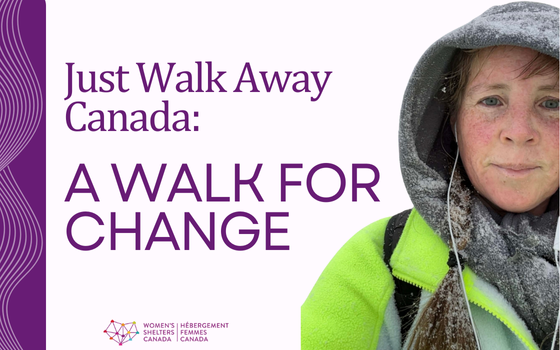
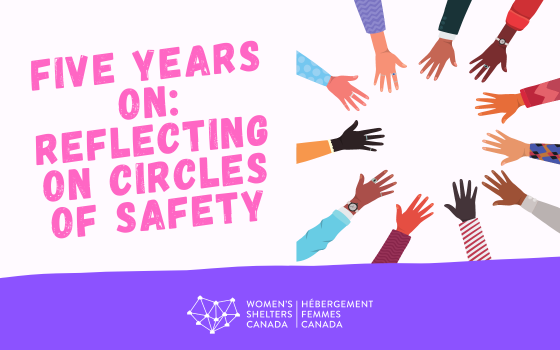
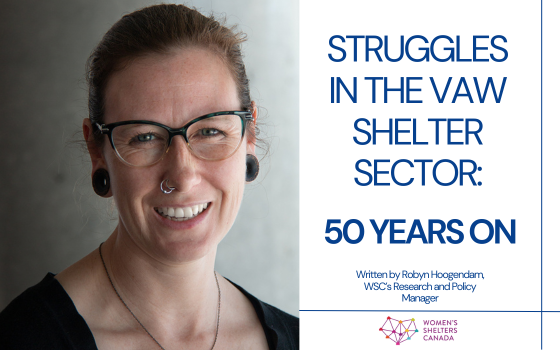
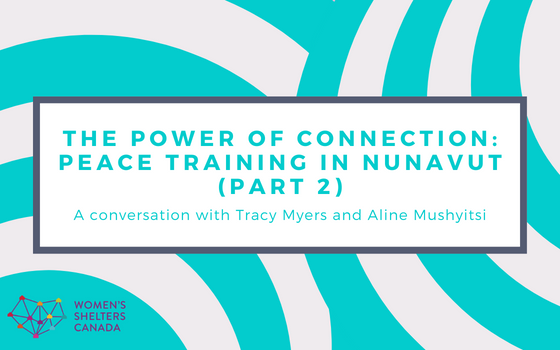
Leave A Comment
You must be logged in to post a comment.